9. If you are an American or a friend of America -- this conversation with the former head of Operations at MI6 is as explicit in threat assessment as it is fascinating on how the Chinese CCP went about becoming a technology hegemon from a backwater. sphinx.acast.com/intelligencesq… 

10. What is the nature of trauma that amid conscripts of a colonizing force? An illuminating talk with Raphaëlle Branche [what a great interviewer Adam Shatz is!] occasioned by her book, Papa, qu’as-tu fait en Algérie? (Daddy, What Did You Do in Algeria?) sphinx.acast.com/londonreviewpo… 

11. I have often struggled to understand how various factions and demographics operate in Burma. A really useful chat with Thant Myint-U sheds light on that along with various open questions including the singular and complex role of Aung San Suu Kyi. sphinx.acast.com/talkingpolitic… 
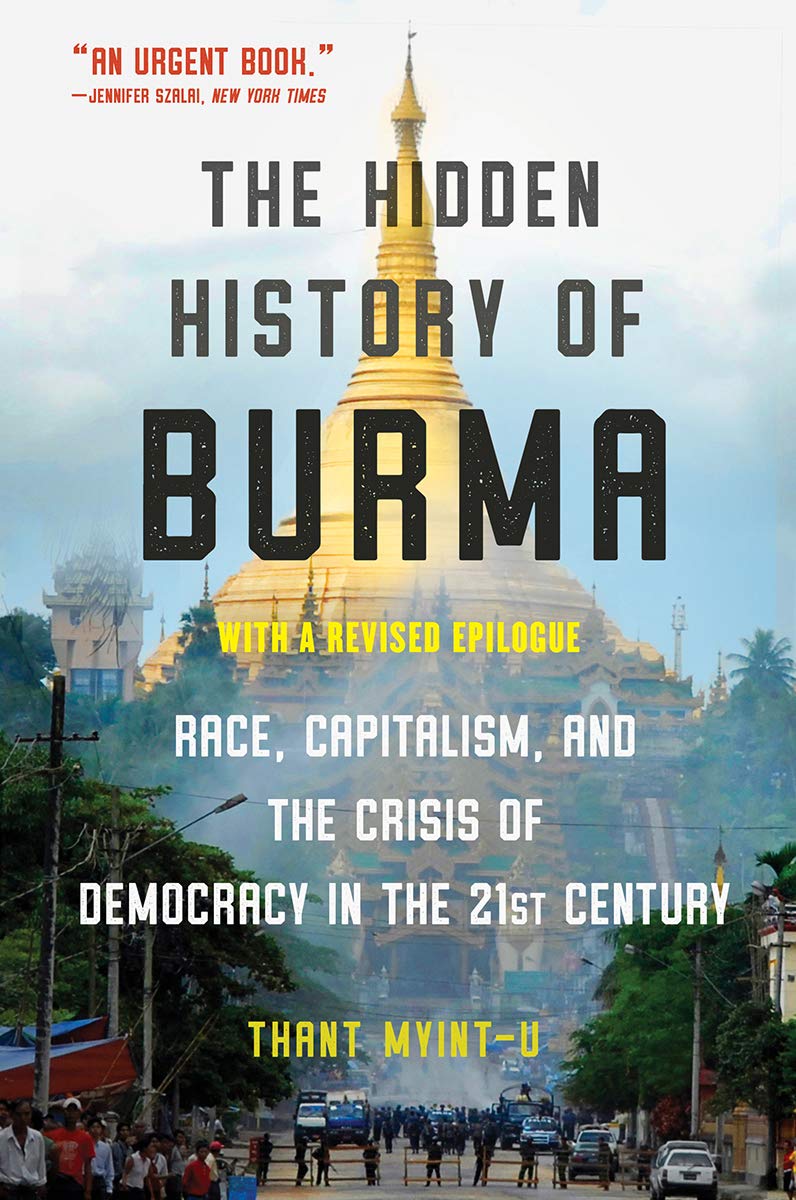
12. Who was Jacques Derrida?
A great conversation with Peter Salmon (who talks admirably fast!) on his wonderful biography of Derrida's works & public persona that has metastasized & fragmented, often disallowing for any meaningful coherence to emerge. traffic.libsyn.com/secure/philoso…
A great conversation with Peter Salmon (who talks admirably fast!) on his wonderful biography of Derrida's works & public persona that has metastasized & fragmented, often disallowing for any meaningful coherence to emerge. traffic.libsyn.com/secure/philoso…

13. On Daya Krishna, who per Daniel Raveh was one of the most interesting philosophers (not just Indian philosophers) of the 2nd half of 20thC. A book that distills DK's last decade & his efforts to read through Indian texts imaginatively and critically. traffic.megaphone.fm/NBN5587148690.… 

14. At age 80, veteran China scholar Orville Schell has published his first novel. My Old Home: A Novel of Exile -- a bildungsroman from the Cultural Revolution to Tiananmen in 1989. On the worlds fiction can open & change in modern Chinese history. chrt.fm/track/47257E/p… 

15. Adam Phillips, who I read like a student reads his master, writes 'Conscience, in its all too impoverished vocabulary & its all too serious & suffocating drama, needs to be overinterpreted. Underinterpreted it can only... be propaganda'. sphinx.acast.com/londonreviewpo… 

16. On Toussaint Louverture’s revolutionary life with Sudhir Hazareesingh -- kind of remarkable how little of this great anticolonial figure is known beyond the immediate Haitian-French-Carribean milieu. A more extraordinary life is harder to imagine. sphinx.acast.com/historyextra/t…] 

17. 'There are 2 kinds of animals in the world: animals that bring their mouths to their prey (eg lions) & animals that bring their prey to their mouth (eg salamanders).'
Wonderful talk w paleontologist Neil Shubin on Nature as a lazy baker & much more. media.blubrry.com/thejoyofx/d2r5…
Wonderful talk w paleontologist Neil Shubin on Nature as a lazy baker & much more. media.blubrry.com/thejoyofx/d2r5…

18. I recently read an essay by Edward Said on Joseph Conrad; later about the life of Sir James Brook (Rajah of Sarawak) who was an inspiration for Conrad's 'Lord Jim'. A fine talk b/w Patrick French & Maya Jasanoff on Conrad, imperialism & other conceits.
audioboom.com/posts/7282876.…
audioboom.com/posts/7282876.…

19. An illuminating talk on two chapters from 'The Making of the English Working Class' with John Bohstedt -- on the history & logic of riots in early modern England: why were they so frequent? what did it mean for civil liberties & popular radicalism? media.blubrry.com/jacobin/conten… 



an aside: E. P. Thompson seems to have been a fun guy too. Capable of salty & sly reappraisals delivered without malice. One line in a letter: “My only affinity to Marx is that I get boils on my neck.” He was a tank commander in North Africa/Italy!
And a poet! People forget that.
And a poet! People forget that.
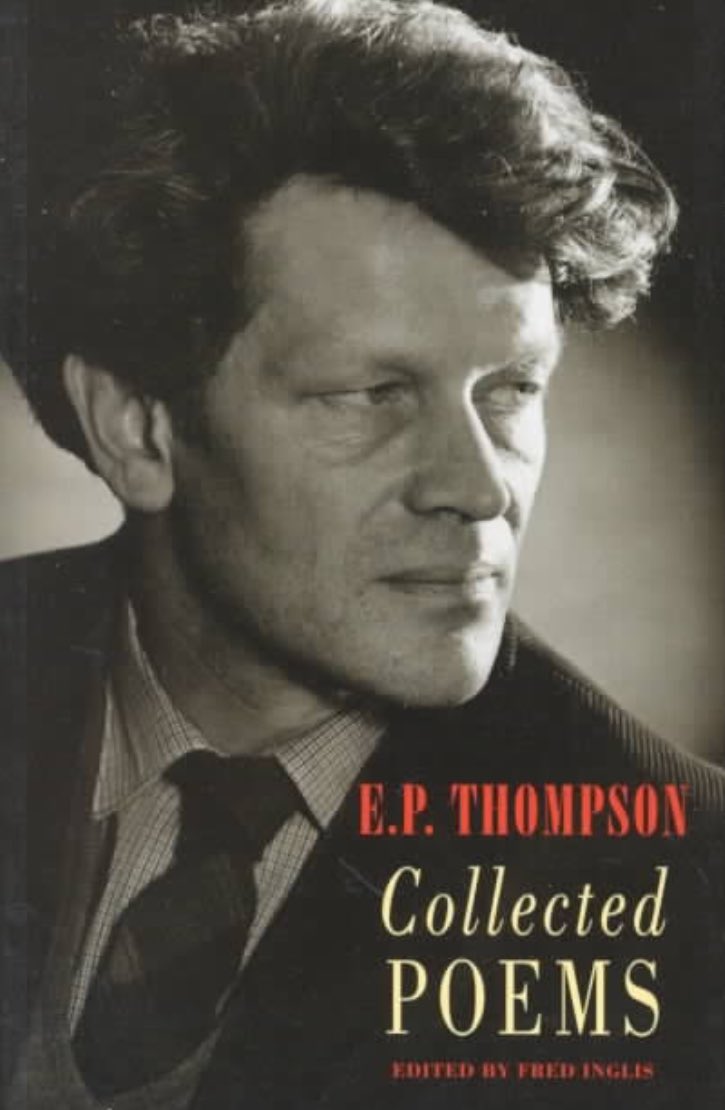
20. Great talk w/ Sir Ian Kershaw - on "evil" as analytical category, challenges of psychologizing Hitler, would there have been Holocaust without him, & how did he go from being a life's loser to a colossal monster? & more.
1. sphinx.acast.com/the-rest-is-hi…
2. sphinx.acast.com/the-rest-is-hi…

1. sphinx.acast.com/the-rest-is-hi…
2. sphinx.acast.com/the-rest-is-hi…


21. A fun conversation with the novelist & essayist Tariq Ali on the French historian Maxime Rodinson's 1960s biography of Muhammad, the world of empires he was born into, Islam in Spain, & challenges of writing a 'materialist' book abt a religious figure. sphinx.acast.com/londonreviewpo… 

Tariq Ali's wonderful quintet if novels
https://twitter.com/KS1729/status/1019759469285249024?s=19
22. If you have heard, read or have been puzzled by Cassirer's writings, an instructive conversation with Samantha Matherne on how Cassirer reworks Kant to formulate critical idealism, the Marburg school, & our "lived experience" in a cultural world. traffic.megaphone.fm/NBN5696862214.… 
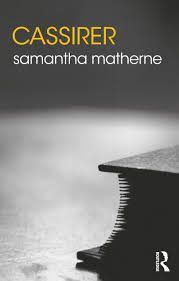
23. Excellent talk w/ Arunabh Ghosh on how Chinese statisticians abandoned Soviet-style exhaustive enumeration, learnd about random sampling thru exchanges with Indian statisticians, & during Great Leap Forward, they began using ethnographic approaches. traffic.megaphone.fm/NBN8744757684.… 
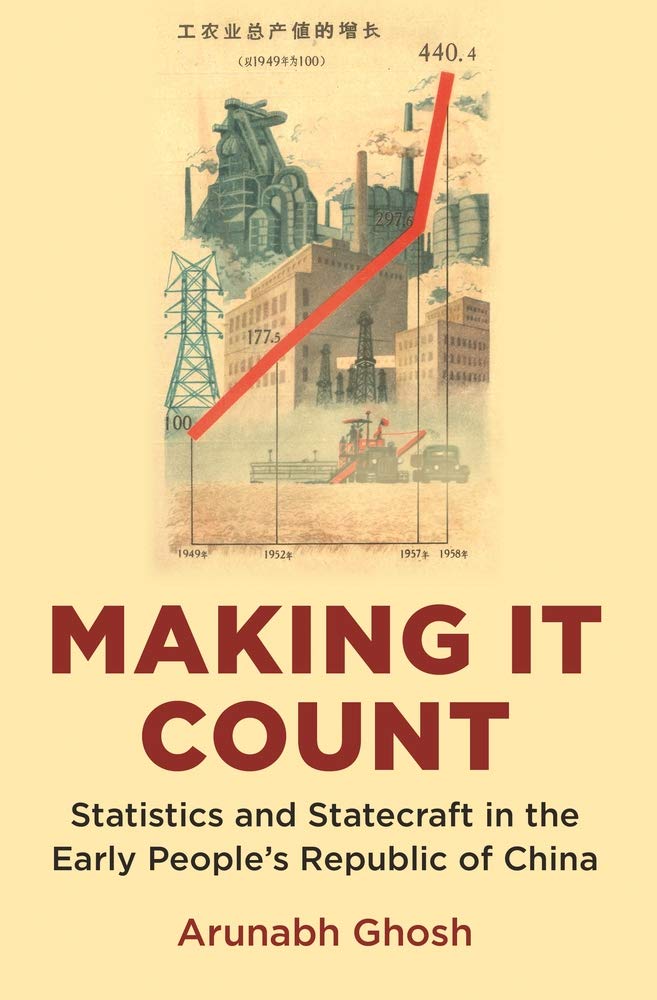
24. On a monumental editorial project to construct a critical edition of Skandapurāṇa - now edited by Peter Bisschop (Leiden U) & Yuko Yokochi (Kyoto U) -- which began in 1996-97 with a different set of editors.
The project is now half way at volume 5! 🙏 traffic.megaphone.fm/NBN6313468212.…

The project is now half way at volume 5! 🙏 traffic.megaphone.fm/NBN6313468212.…
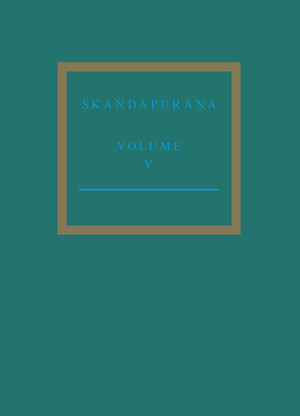

25. Who were the first Indians? An enthralling talk w/ Tony Joseph which leverages the fast paced developments in paleogenetics to construct a most plausible narrative of how India was peopled & a system of endogamy & hierarchy was sacralized. Fascinating.
traffic.libsyn.com/seenunseen/E11…
traffic.libsyn.com/seenunseen/E11…

26. Is "China" really 5000 years old or is it a national myth? Bill Hayton argues that “China” was cooked up by few intellectuals who imported ideas of sovereignty, citizenry etc from Europe a century ago. But what abt Chinese historiographical traditions? traffic.omny.fm/d/clips/a7b4f8… 

• • •
Missing some Tweet in this thread? You can try to
force a refresh













